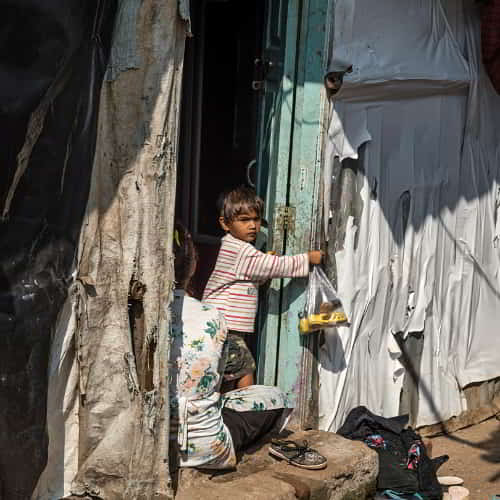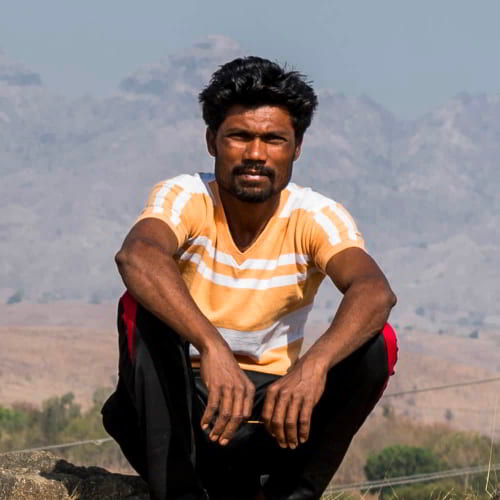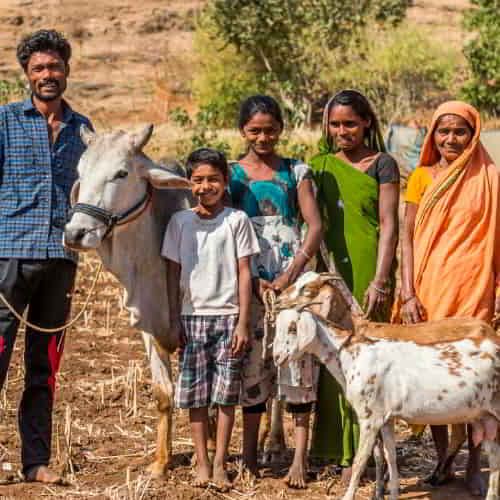What Is the Poverty Cycle?
The poverty cycle is the recurrence of poverty for multiple generations.[1] Hunger, poor health or living conditions and a lack of education and opportunities result in a low income. This in turn leads to hunger and poor health or living conditions, and the cycle continues. What is the poverty cycle? For many in the developing world, it is a life without hope that has continued for many generations.
It generally takes an outside influence to break the poverty cycle. When a person has never lived outside of destitution, nor their parents or grandparents before them, a dramatic change of circumstances is needed to break through. GFA World is dedicated to helping break the poverty cycle in South Asia and Africa, and doing everything in the name of Jesus.
Taden’s story is typical of someone growing up in an impoverished area of South Asia. He worked as a laborer in a poor community and had few options for living any other way. He had even less hope. He despaired to think that his children would have to endure the same multi-generational poverty that he had inherited. He said, “I couldn’t afford a very nice life for my family, and I used to feel very angry at myself at times, very sad with myself because of the situation I was in.”
When a local GFA pastor saw his situation, he gifted Taden with a cow! Soon the cow gave birth and provided milk for the family, and Taden could sell the excess to others. Their basic family needs began to be met. This had seemed unimaginable before the cow was gifted to them. Taden was now even able to send his children to school. The cycle was ending!
Later, Taden sold one of his cows and bought a pair of goats. Since goats bear kids every 5 months, this was a more steady stream of income for the family. He could now afford new clothes and schoolbooks for his children. “I would like to thank those who have helped me get the cow as a gift,” he says. “My life has definitely been blessed 100 percent.”[2]
Click here, to read more about this article.
Click here, to read more blogs in Gospel for Asia.Com



Comments
Post a Comment